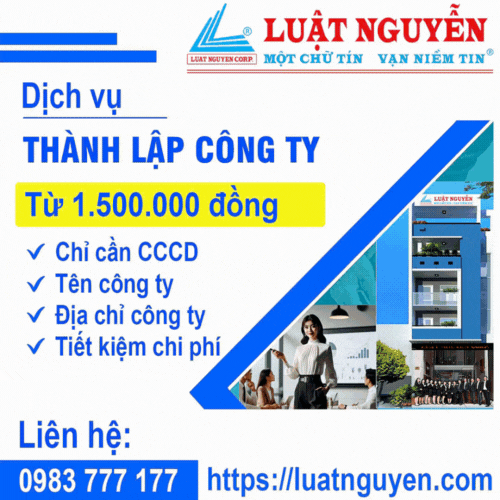Small shops and eateries taxed based on revenue, not input-output
Under current rules, household businesses and individual traders are not subject to the input-output (credit-invoice) method used by enterprises. Instead, their tax liability is determined as a percentage of total revenue. Taxable revenue includes all sales, services, commissions, and other business income generated during the tax period, regardless of whether payment has been collected.
At present, household businesses with annual revenue of 100 million VND or less are exempt from value-added tax (VAT) and personal income tax (PIT). From January 1, 2026, this exemption threshold will increase to 200 million VND per year, reducing the tax burden on small operators. Other taxes such as excise tax and environmental protection tax continue to apply under sector-specific laws.
The Ministry confirmed that the input-output deduction method does not apply to household businesses. However, under Resolution 198/2025/QH15, major reforms are being prepared. Starting in 2026, the current lump-sum tax (khoán thuế) system will be abolished and replaced with a mechanism of self-declaration and self-payment, similar to corporate taxpayers.
To ensure a smooth transition, tax authorities have been instructed to expand communication and support efforts, helping small businesses adapt to the new filing and payment system from day one of implementation.
Ý kiến bạn đọc
Những tin mới hơn
Những tin cũ hơn
Lê Nguyễn Minh Quân: Gương mặt trẻ đầy tiềm năng tại Luật Nguyễn
Nền tảng khác biệt: Từ môi trường quốc tế đến đam mê pháp luật Không đi theo con đường truyền thống, Minh Quân đã được tiếp xúc với môi trường học tập quốc tế từ nhỏ tại trường Quốc tế Á Châu (AIS). Điều này không chỉ giúp Quân trau dồi khả năng tiếng Anh một cách vượt trội mà còn hình...
-
 "Bẫy" Nợ Thuế Từ Những Mã Số Thuế Kinh Doanh "Bỏ Quên"
"Bẫy" Nợ Thuế Từ Những Mã Số Thuế Kinh Doanh "Bỏ Quên"
-
 Siết chặt quản lý đo lường, chất lượng xăng dầu theo quy định mới
Siết chặt quản lý đo lường, chất lượng xăng dầu theo quy định mới
-
 Luật Hoạt động giám sát của Quốc hội và Hội đồng nhân dân: Điểm mới
Luật Hoạt động giám sát của Quốc hội và Hội đồng nhân dân: Điểm mới
-
 Không được tự ý gộp Báo cáo tài chính: Lưu ý quan trọng từ Bộ Tài chính
Không được tự ý gộp Báo cáo tài chính: Lưu ý quan trọng từ Bộ Tài chính
-
 Cảnh báo: Doanh nghiệp có thể bị phạt tới 70 triệu đồng nếu xuất hóa đơn quà tặng Tết sai thời điểm
Cảnh báo: Doanh nghiệp có thể bị phạt tới 70 triệu đồng nếu xuất hóa đơn quà tặng Tết sai thời điểm
- Đang truy cập613
- Máy chủ tìm kiếm1
- Khách viếng thăm612
- Hôm nay289,260
- Tháng hiện tại5,611,998
- Tổng lượt truy cập11,404,196
-
 Khởi tố Đoàn Văn Sáng vì tội giết người ở Lạng Sơn
Khởi tố Đoàn Văn Sáng vì tội giết người ở Lạng Sơn
-
 Luật Thuế GTGT 1/1/2026: Bước Ngoặt Cho Hộ Kinh Doanh Và Nông Nghiệp
Luật Thuế GTGT 1/1/2026: Bước Ngoặt Cho Hộ Kinh Doanh Và Nông Nghiệp
-
 Luật Thuế TNCN 2025: Chính Thức Áp Dụng Biểu Thuế 5 Bậc Mới
Luật Thuế TNCN 2025: Chính Thức Áp Dụng Biểu Thuế 5 Bậc Mới
-
 Quy định mới: Tiền lương từ 5 triệu đồng phải chuyển khoản
Quy định mới: Tiền lương từ 5 triệu đồng phải chuyển khoản
-
 Foreigners Seeking a Vietnamese Driver’s License: What You Must Meet
Foreigners Seeking a Vietnamese Driver’s License: What You Must Meet








